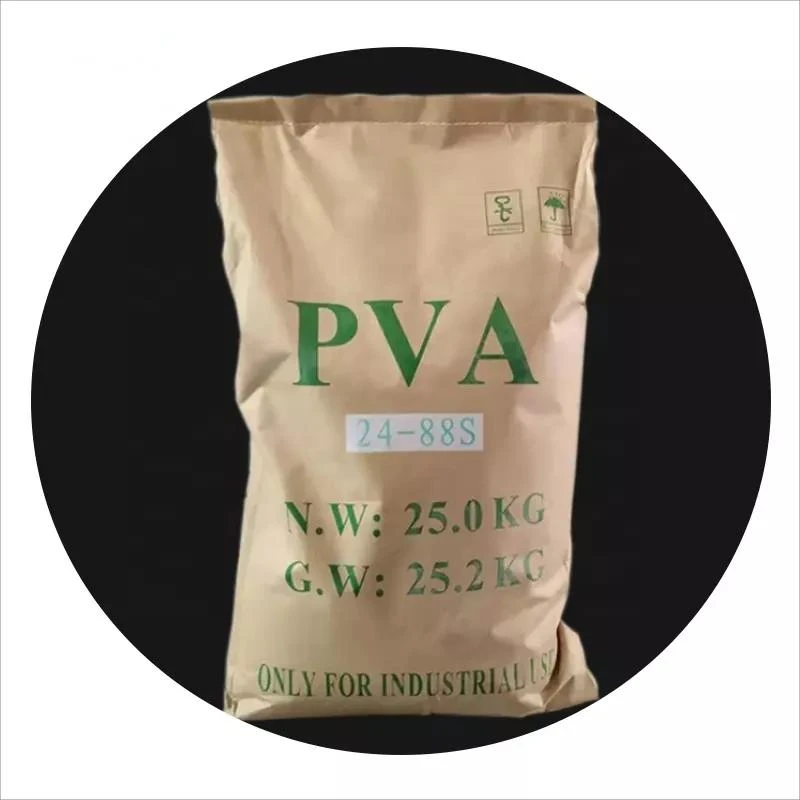Understanding Tile Bond Chemicals Their Importance in Construction and Renovation
In the world of construction and home renovation, tile bonding chemicals play a crucial role in ensuring the durability and longevity of tiled surfaces. Whether for floors, walls, or countertops, the right adhesive can make all the difference. This article explores tile bond chemicals, their types, applications, and importance in various construction projects.
What Are Tile Bond Chemicals?
Tile bond chemicals are specialized adhesives formulated to adhere tiles to various substrates, such as concrete, drywall, and plywood. These adhesives are designed to provide a strong bond that can withstand the weight of the tiles, foot traffic, and exposure to moisture. The selection of the appropriate tile bonding chemical is essential for achieving a durable and aesthetically pleasing finished product.
Types of Tile Bond Chemicals
1. Thin-set Mortar This is the most common type of adhesive used for bonding ceramic and porcelain tiles. Thin-set mortars are usually composed of cement, fine sand, and additives that enhance adhesion and flexibility. They can be applied in a thin layer, making them ideal for most installations.
2. Mastic Adhesives Mastic, a type of organic adhesive, is generally used for wall tiles in dry areas. It provides good tackiness but may not withstand heavy moisture exposure. Therefore, it is essential to choose mastic only for specific applications where moisture is minimal.
3. Epoxy Adhesives Known for their superior strength and resistance to chemicals, epoxy adhesives are suitable for environments that require high durability, including industrial settings. They are also waterproof, making them ideal for wet areas such as bathrooms and kitchens.
4. Urethane Adhesives These are flexible and moisture-resistant, making them perfect for applications where expansion and contraction are expected, such as areas with significant temperature changes. Urethane adhesives also bond well with a variety of tile materials.
5. Modified Thin-set Mortars These are essentially thin-set mortars enhanced with polymers to improve their bonding properties and flexibility. They are suitable for a range of applications, including high-moisture areas.
Application of Tile Bond Chemicals
tile bond chemical

The application of tile bond chemicals requires careful preparation and technique. Proper surface preparation, including cleaning and leveling, is essential to ensure a strong bond. Following the manufacturer's instructions for mixing and applying the adhesive is crucial for optimal results.
For most installations, a notched trowel is used to apply the adhesive, creating ridges that help with tile placement and prevent air pockets. Tiles are then pressed firmly into the adhesive, ensuring complete coverage. The setting time varies depending on the type of adhesive, so it is important to allow for adequate curing before grouting or exposing the surface to moisture.
Importance of Using the Right Tile Bond Chemicals
Choosing the appropriate tile bond chemical is vital for several reasons
- Durability The right adhesive ensures that tiles remain securely in place over time, reducing the likelihood of cracking or detachment.
- Moisture Resistance In areas prone to moisture, selecting a waterproof adhesive prevents mold and mildew growth, protecting both the tiles and underlying materials.
- Flexibility Some environments may experience temperature fluctuations or movements in the substrate. Using a flexible adhesive helps accommodate these changes without compromising the integrity of the installation.
- Cost-Effectiveness Using the right adhesive reduces the likelihood of costly repairs or replacements due to tile failure, providing long-term savings.
Conclusion
Tile bond chemicals are an integral component of any tiling project, whether residential or commercial. Understanding the various types available and their appropriate applications can significantly enhance the quality and longevity of tiled surfaces. Always consider the specific needs of your project and consult with professionals to ensure you select the best tile bonding solution for your requirements. With the right adhesive, you can achieve beautiful, durable results that stand the test of time.
-
The Application and Significance of Construction RdpNewsMay.19,2025
-
Industrial Grade HpmcNewsMay.19,2025
-
Building Coating Adhesive Building Coating Adhesive HpmcNewsMay.19,2025
-
Application Of Hpmc For Detergent For Detergent In DetergentsNewsMay.19,2025
-
Application Of Hpmc Cellulose In Cement-Based MaterialsNewsMay.19,2025
-
Application Of High Quality Hpmc For Construction In The Field Of ConstructionNewsMay.19,2025




